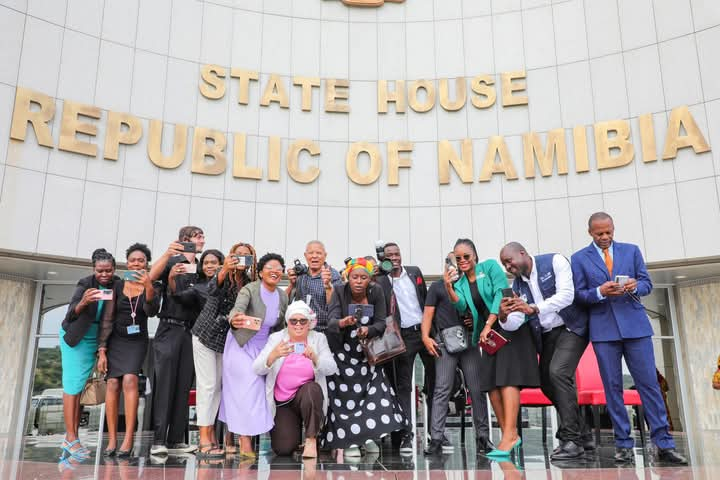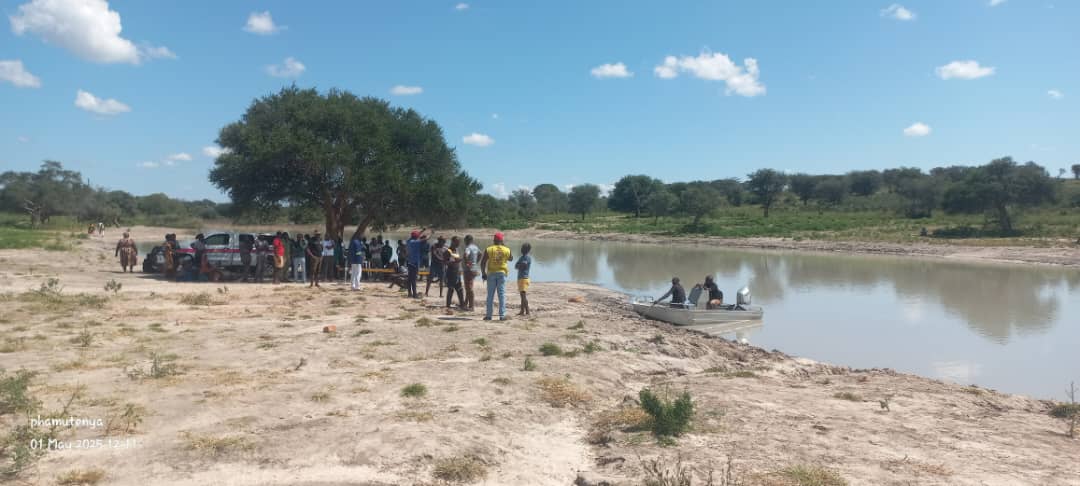FRANKFURT – Germany must reassess its nuclear phase-out plan as this week’s Russian gas supply crisis has highlighted the need for a fresh look at all its energy options, analysts say.
Fresh doubts over the reliability of its mighty energy partner, Russia, will force Europe’s biggest economy to try to reduce its future exposure to spats between Russia and Ukraine over transits, which are causing disruptions to European supply.
German decision makers, who are usually faithful energy partners to Russia, need to present more independent scenarios including a reconsideration of plans to shut nuclear reactors.
‘It would be very rational indeed to allow the nuclear plants to run longer than under Germany’s exit programme,’ said Manuel Frondel of the Essen-based RWI institute.
‘I hope there will be a reassessment of the role nuclear energy can play, as the current gas supply crisis is fuelling the discussion.’
The eight-year old nuclear withdrawal programme for Germany’s 17 reactors by 2021 is enshrined in law and has broad support of voters just nine months before a federal election.
Nuclear contributes a third of all power generation and 11,5 per cent of primary energy but is due to shrink to zero as opponents cite safety and waste issues.
This will harm baseload or 24-hour supply of power, of which nuclear provides 45 per cent, while gas-fired power generation makes economic sense only for expensive peaktime hours.
Germany has stuck to its staunch opposition to atomic energy despite its low cost and environmental merits – it emits virtually no carbon dioxide – deliberately risking isolation.
The nuclear link to gas is indirect. Russia supplies over 40 per cent of German gas, just 10 per cent of which goes into power generation, while half of all gas is used for home heating.
But the prospect of industry or households lacking energy due to external disruption – which has become a reality in south-east Europe while German gas inventories protect consumers – has refocused energy priorities this week.
‘The fact is we are an industrial nation and cannot rely too much on gas for either industry or heating,’ said Roland Schmied, spokesman for the VIK lobby of industry energy users.
ARGUMENTS
FOR NUCLEAR
The nuclear industry sees this as a good moment to weigh in with its arguments. September’s federal election could result in a win for the conservatives, who support atomic power and want to readdress the nuclear issue.
Proposals for gas as a possible future baseload power provider sounded ‘like sheer mockery’ in light of the current transit crisis, said president Walter Hohlefelder.
‘Should Germany stick to its exit from the peaceful use of nuclear energy, the risk for a safe power supply will inevitably rise,’ he said in a statement on Thursday.
Arguments for other obvious alternatives to gas, coal and renewable energies such as wind or solar, are also thinning as the industries edge towards their limits.
As for coal, which provides half of German power, the country must obey last month’s European Union decision which forces operators to pay dearly for every tonne of heavy carbon emissions from coal burning after 2013. That will dent the competitiveness of coal.
Renewable operators, supplying seven per cent of primary energy, are seeing their investment plans curbed in the credit crunch, despite generous subsidies for existing plants.
With all energies bearing risks and limits, the net must be cast wider for new channels and consumption must go down, argued Berthold Hannes, a partner at the Bain & Company consultancy.
‘The crisis shows the need for action on the gas supply side. We need a diversification of supply routes and more use of liquefied natural gas (LNG),’ he said.
‘On the demand side, there is a need for better energy management – energy savings, more efficiency, better insulation to name but a few.’
There is also room to garner even more government support for existing energy savings programmes, which compensate consumers for optimising their handling of energy, said Holger Krawinkel, energy expert at consumer lobby VZBV.
‘It comes down to loans or other subsidies in the form of tax relief. Ten billion euros are needed.’
He also said more heat from the power generation process must be piped directly to customers in densely populated areas.
– Nampa-Reuters
Stay informed with The Namibian – your source for credible journalism. Get in-depth reporting and opinions for
only N$85 a month. Invest in journalism, invest in democracy –
Subscribe Now!










